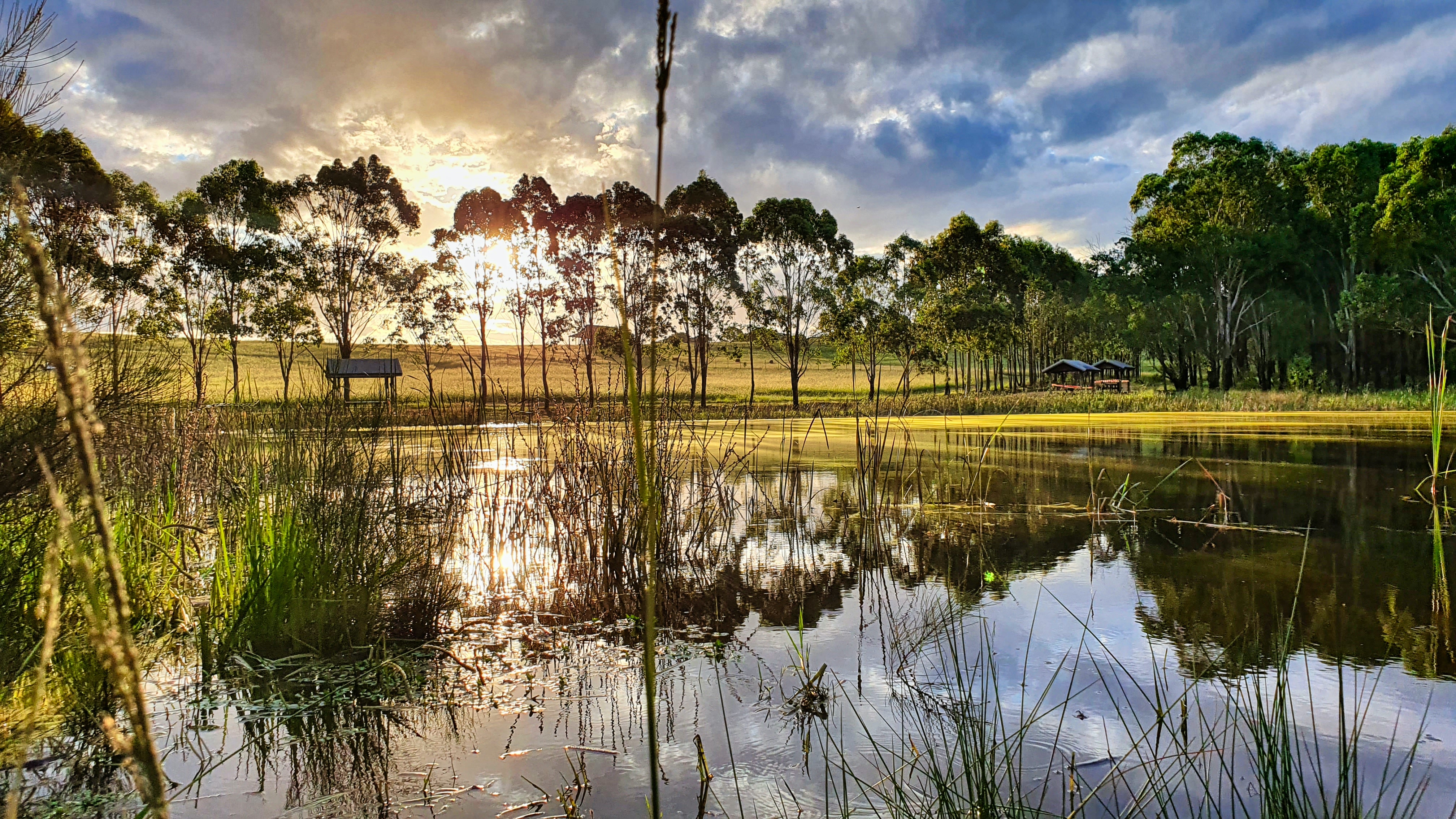Australian businesses need to push themselves out of their comfort zone to create opportunities to enable greater participation for Aboriginal and Torres Strait Islander people in the economy, says Kate Healy, Director of PwC Indigenous Consulting.
Working with Aboriginal and Torres Strait Islander groups in areas including economic development, cultural consulting, cultural safety training, and policy evaluation, PwC Indigenous Consulting is a first-of-its-kind joint venture with the giant multinational professional services network PwC.
In her leadership role, Healy gets to see resilient, dynamic and resourceful individuals playing a role in working towards transforming Australian businesses every day and has become passionate about achieving greater inclusion for indigenous groups.
“To get to reconciliation, we have to think outside the square and we have to do things a little bit differently because if we don't, and we keep on going the same way we've been going, then nothing will change. So it's all about one small incremental change that each business can make. That will have a huge impact.
“There are some amazing Aboriginal- and Torres Strait Islander-owned businesses doing really cool, unique stuff that we get to shine a spotlight on and connect with some of our and PwC’s larger corporate clients.”
-604.jpg?width=3416&name=Headshots%20Full%20(High%20Res%20JPEGs)-604.jpg)
She says Australian small businesses can participate even on a small scale in encouraging indigenous-owned entities by thinking about who they are spending their money with and looking at whether or not there is an opportunity to bring on board an Aboriginal supplier to supplement their supply chain.
“I'm talking to companies all the time about taking a chance on a new business. I’ll ask ‘Why don't you give this small Aboriginal business a go? Why don't you work alongside them as they grow and scale? Why don't you employ this young Aboriginal person and give them a go?’ Unless we do that, we're not creating those opportunities to make this [path] much more ‘normal’.
“Once we start breaking down those barriers, it becomes a more regular, usual thing and we get diversity and representativeness within the workplace and within the business community,” she continues.”
Supply Nation, the largest national database of Aboriginal and Torres Strait Islander businesses, is a great place to start, she says, because those businesses are certified so there is a degree of safety around working with them.
“If you go onto the Supplier Nation website and look at the vast array of businesses listed there, if you want a product, you can probably find an indigenous business that supplies it. Then beyond that, each of the states has its own Chambers of Commerce that similarly promote and work with indigenous-owned businesses to work with non indigenous-owned businesses to grow the pie for everybody.”
The rise of ‘social licence’
Another trend Healy has observed in Australian society over the last three to four years is the stronger focus on creating shared values, of corporates and businesses developing a social conscience and a social licence to operate.
“With that increased focus on what a business does beyond simply making a product or employing a person or selling something, what is their broader contribution to society? And with that increased focus with seeing businesses step outside their comfort zone and really start to lean in and have an opinion on things like gay marriage rights or getting to net zero carbon emissions faster. That social conscience is evolving into creating opportunities for a much more diverse range of people through employment, through social procurement frameworks.
One example of social licence she cites is Rio Tinto’s actions in the Juukan Gorge. Last April, the company blew up the gorge’s caves during its regular mining operations – an action that was legal under the permit it held, but which destroyed 60,000 years worth of history.
Society – not just Aboriginal people, but the broader population - was outraged. “They were saying, “Hey, that's not the way you're allowed to behave. Yes, it might be legally okay, but socially, we don't accept behaviour like that anymore,” reflects Healy. Protests ensued and Reconciliation Australia, a leading Indigenous Affairs body in Australia, evicted Rio Tinto from its membership, sanctioning the company.
“It's a reaction from the broader society that says, “you need to operate better” – a little bit like the banks faced through the Banking Royal Commission a few years ago,” says Healy.
“There's social pressure on our corporations to demonstrate a sense of morals that is in tune with current moral standards.” Back in a past era, she says, businesses had only to make a profit and return it to their shareholders but now broader society feels that corporates owe them something as well.
“And I think they do.”
You can listen to the full interview with Healy here on TradeSquare’s podcast channel.


Leave Comment